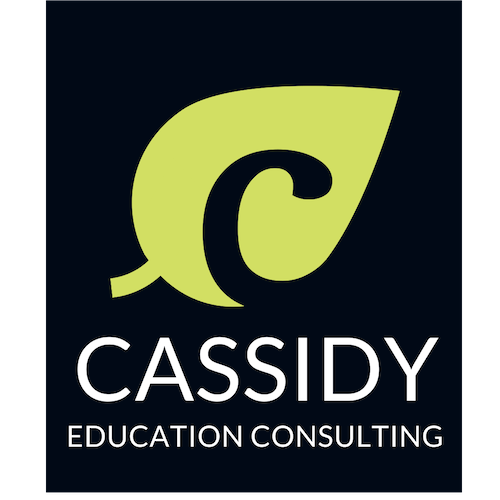Differences Should Lift Us Up, Not Hold Us Back
Examining the forces behind my philosophy
When I apply my researcher’s lens to my life, four strong influences stand out that have fueled my life-long interest in celebrating individual differences and bringing people together in unified communities and teams.
Growing up as an anglophone in Quebec during the 1970’s and 1980’s, I was very aware that the language that my family chose to speak made us different. As we watched two independence referendums fail to pass by very narrow margins and the adoption of Bill 101 asserting French as Quebec’s official language, I was left feeling that I was English at a time when it seemed better to be French. I loved my province, but I often didn’t feel like I was welcome there.
As an introvert in an extrovert’s world, from the time I was a young child I have admired those who are outgoing and comfortable in the spotlight. While my peers seemed to love constant social interaction, I preferred smaller group settings where I could listen, think and ask questions and time alone so I could reflect. I was a better listener than talker, and this often left me feeling that I didn’t have as much to offer in social situations as my peers.
The third situation that influenced my perspective on difference was from a grade school friend’s experience. I enjoyed school and felt comfortable in that environment. He, despite being very charismatic and talented, lacked the traditional academic skills needed at the time to provide him with a sense of belonging. As a result, he disengaged from school and the message I received from watching his experience was that it was better to be academically minded than an experiential learner.
These first three influences were all at play as I entered my teenage years, leaving me with a strong sense that belonging was based on having a certain background and certain “positive” personality traits. Fortunately, my journey of discovery was sent on a timely detour.
My first summer job was as a summer camp counsellor in Quebec. The camp hosted people of all ages, languages, religions and economic backgrounds. As I watched people navigate an environment where everyone was different, I was surprised at the ease with which they interacted. Language didn’t seem to matter. There were important roles for both introverts and extraverts. A wide variety of experience, knowledge and skillsets were required to execute each day’s tasks successfully. The team culture that was at the heart of the camp was one where differences were explored and leveraged rather than judged or excluded. That created a strong sense of belonging that encouraged people to take risks, innovate, help each other, develop skills and learn new perspectives. And the result of those behaviours was success on so many different levels.
The team culture that I became a part of during those summers spent at that camp taught me the critical importance of individuality. I saw that our differences were central to our success and became determined to discover how what was working so well at this camp, this organization, could be applied in the “real” world. That determination would lead me on a twenty-year quest to answer the question, “How can teams, communities and organizations that so often revolve around similarity, embrace and leverage human uniqueness?”
Through research, teaching and leadership opportunities I have seen time and again that differences in backgrounds, experiences, opinions and ideas when directed toward a common goal can create outcomes that are better than anyone could have imagined. Sharing that knowledge, building the soft skills needed, and creating conditions to support that synergy is my life’s passion.

